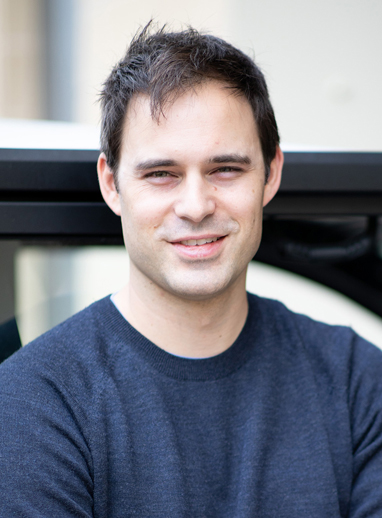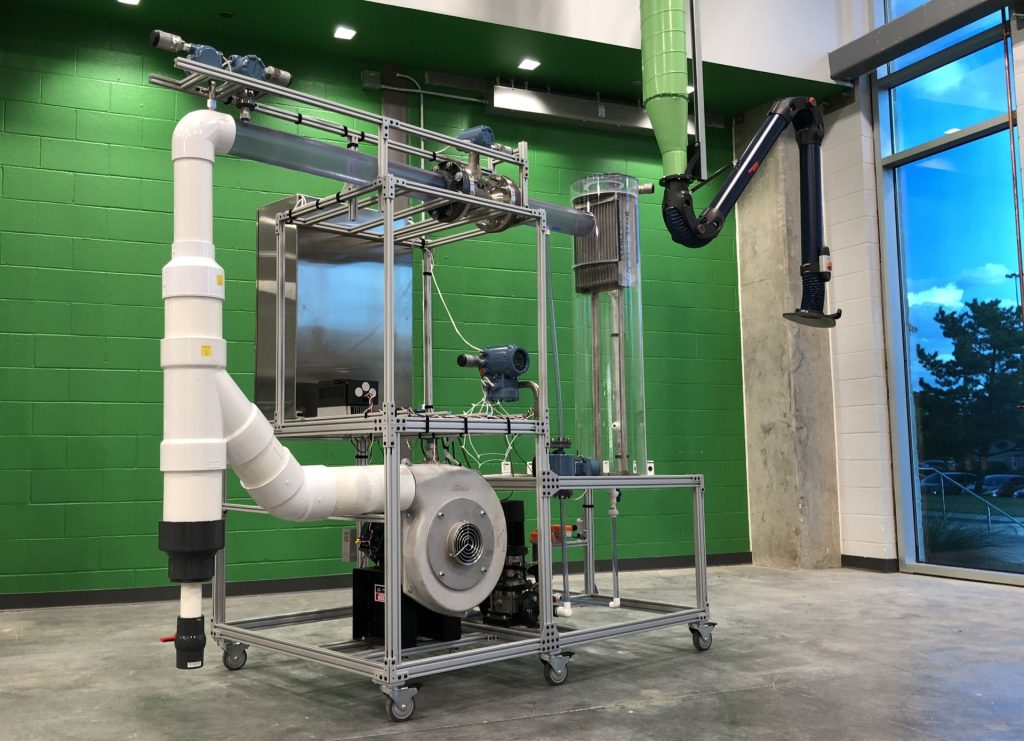
CAREER Award Supports Cyber-Physical Systems Research

Dr. Justin Ruths
A University of Texas at Dallas professor in the Erik Jonsson School of Engineering and Computer Science has earned a Faculty Early Career Development Program (CAREER) Award from the National Science Foundation (NSF) to support security research for critical infrastructure systems.
Dr. Justin Ruths, assistant professor of mechanical engineering and systems engineering, has received about $500,000 from the NSF for a five-year project to strengthen the security of automation and control systems.
Ruths joined UT Dallas in 2016. NSF CAREER grants are the agency’s most prestigious award for early-career faculty who exemplify the role of teacher-scholars and are likely to become leaders in their fields.
“This CAREER award is a fantastic recognition of Justin’s scholarly potential in the field of cyber-physical security and will help him continue to expand his engagement with students,” said Dr. Joshua Summers, head of and professor in the Department of Mechanical Engineering.
Ruths’ award supports research to develop detectors that recognize, deter and mitigate cyberattacks that aim to disrupt the computer-based controllers that regulate and monitor physical processes in critical infrastructure, such as power plants, petrochemical refineries and water treatment plants. He focuses on developing techniques to leverage the physics of these systems to detect the presence of attacks that manipulate measurement data in the cyber layers. The method involves building predictions about how a system should behave and creating an alert system when measurements fail to match those expectations.
“If you can make a good prediction, then you can ask, ‘Is my observation roughly equivalent to my prediction?’ The research becomes interesting — and challenging — when we don’t know enough to make a good prediction. Our ongoing work is to devise ways to use even poor-quality models to detect anomalies,” Ruths said.
In Ruths’ laboratory, researchers use a full-scale testbed separator to simulate realworld security breaches as well as a test electric vehicle called the Nova.
Ruths’ award includes an extra provision for funding undergraduate researchers. Undergraduates helped Ruths build the Nova vehicle and will have expanded responsibilities with the NSF support.
“One of the great features of NSF-funded projects is that they open up the possibility for applying for further funding to support Research Experiences for Undergraduates (REUs),” Ruths said. “I hope to take advantage of this each year. The Nova team is developing the autonomous software stack for the vehicle testbed in my lab. The goal is to use these funds to sponsor students to continue this work during the summer and also give new students the opportunity to get involved. A student may do a deep dive into understanding an algorithm, then implement it on the vehicle.”
The project will lead to important breakthroughs in cybersecurity and will also prepare numerous students for their future careers.
“This project aims to rethink how to design and build computer hardware and software for future 5G-enabled self-driving cars. If successful, my research will make fully autonomous driving practical.”
Dr. Joshua Summers
Department Head and Professor of Mechanical Engineering
Ruths holds a BS in physics from Rice University, an MS in mechanical engineering from Columbia University, an MS in electrical engineering from Washington University in St. Louis and a PhD in systems science and applied mathematics from Washington University in St. Louis.

Ruths’ group uses a full-scale testbed separator to simulate attacks on complex control systems.